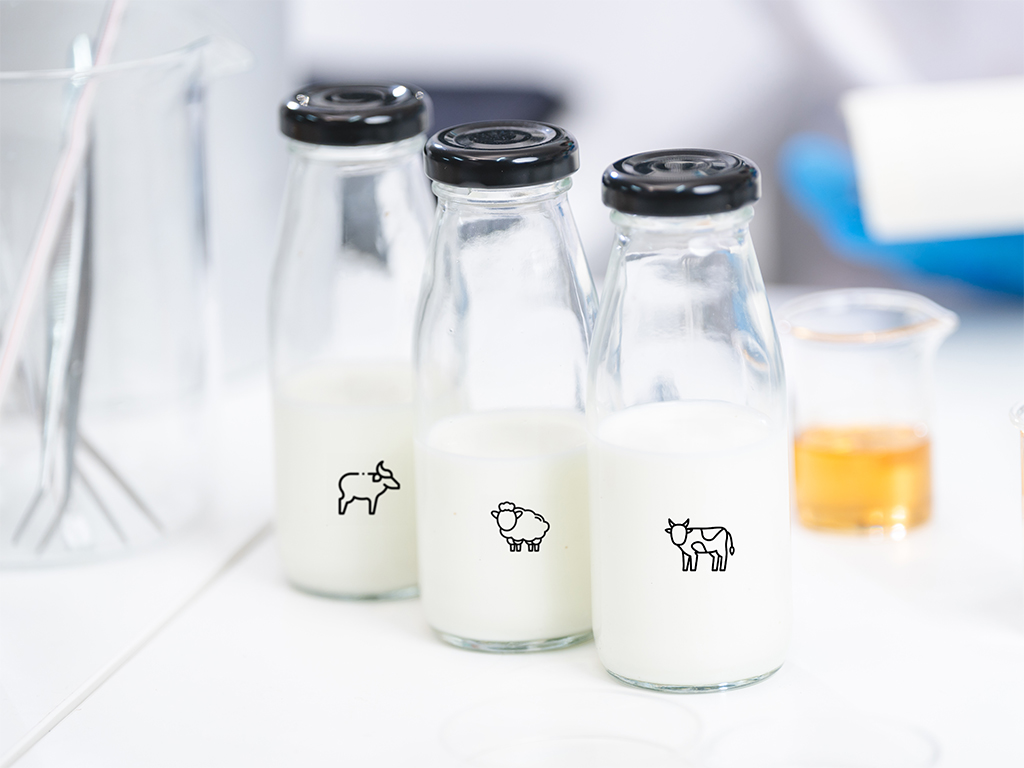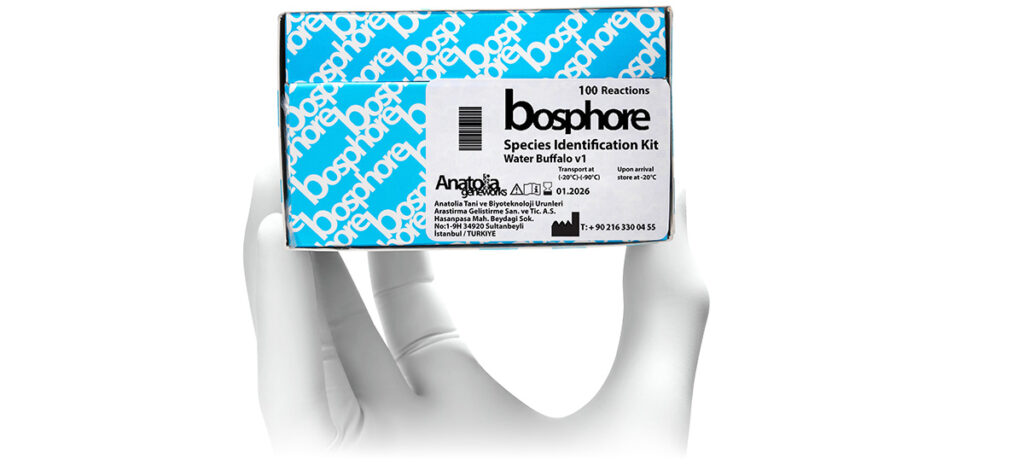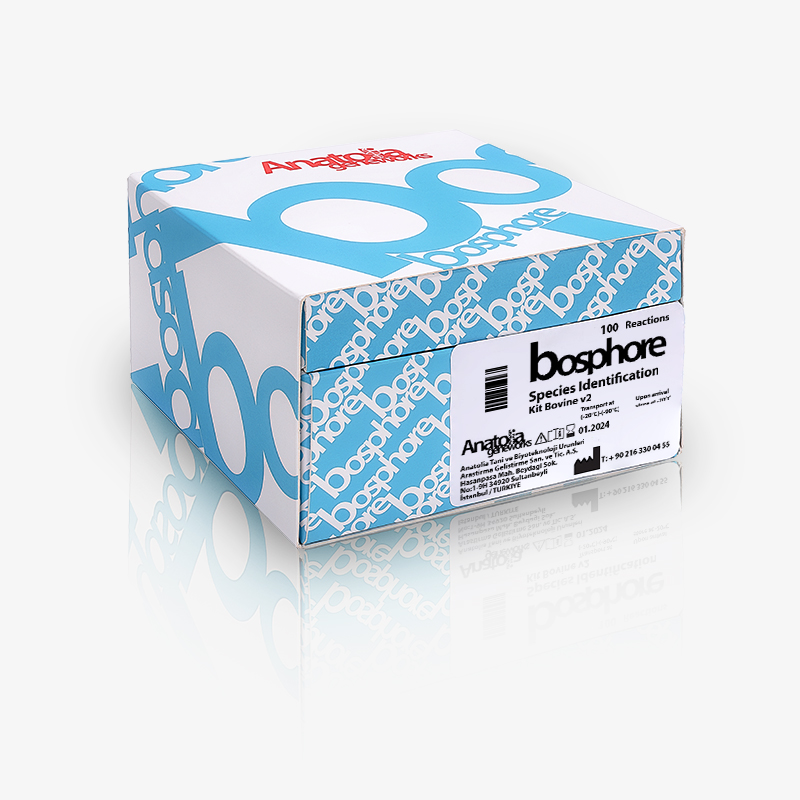
Food adulteration refers to the deliberate alteration of food quality. Food safety standards set by international organizations are met by regular testing performed by the ministries responsible for food and public health in each country. Mixing expensive red meat with cheaper meat, counterfeiting milk and dairy products, and adding additives to honey are among the most common food violations that threaten public health.
What is Food Adulteration and How Does It Happen?

Adulteration is done by adding foreign or cheaper substances to foods or changing valuable ingredients. For example, the most common examples of adulteration are the addition of pork or the meat of single-hoofed animals to meat products or the adulteration of buffalo milk with cow’s milk.
Real-Time PCR Method in Food Adulteration
The detection of adulteration in foods by species identification is a critical step in terms of food safety and the protection of consumer rights. In this context, Real-Time PCR method stands out as one of the most reliable and effective methods in the fight against counterfeiting and adulteration in the food industry.

Bosphore Real-Time PCR Kits developed by Anatolia enable the detection of food adulteration with high sensitivity and reproducibility.
Bosphore Meat Species Identification Kits can detect DNA from pig, bovine, sheep, chicken, goat, turkey, donkey, horse, fish, and water buffalo in heat-treated and non-heat-treated meat and meat products with Real-Time PCR technology in a sensitive, reproducible, and fast method. These kits offer an effective solution against food fraud with a sensitivity of 0.1%.
It is possible to detect the presence of bovine, water buffalo, goat, and sheep DNA in milk and dairy product samples with Bosphore Milk Species Identification Real-Time PCR Kits produced by Anatolia.
How Can We Ensure Food Safety?
It is imperative to take effective measures against adulteration and counterfeiting. Food businesses should develop inspection mechanisms for product safety and regularly carry out analyzes and controls to protect public health. Consumers, on the other hand, are advised to prefer reliable brands, avoid unpackaged products sold in the open, and stay away from products that are well below market value.





